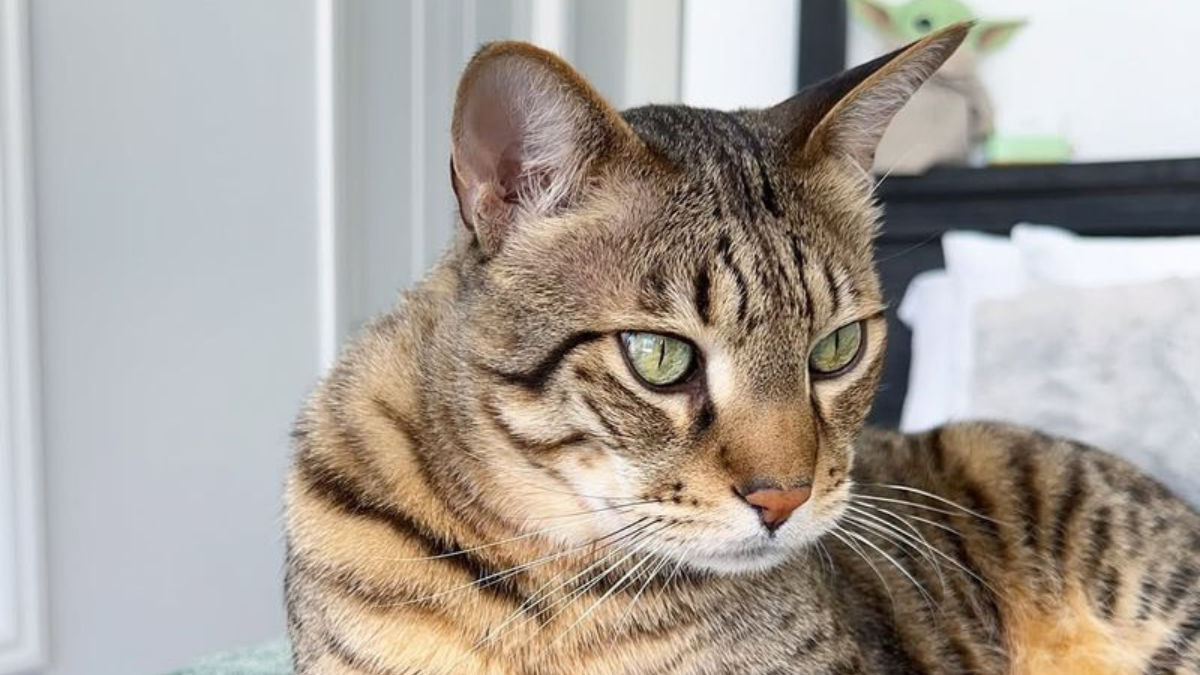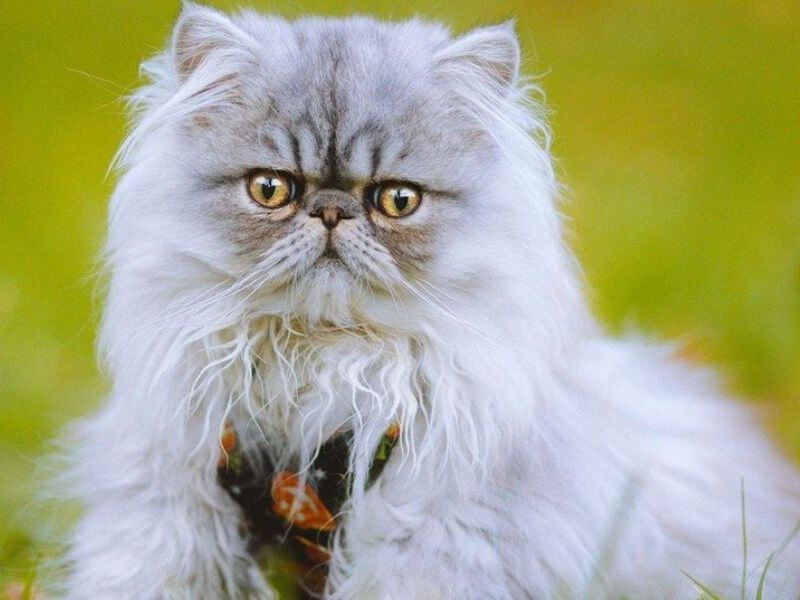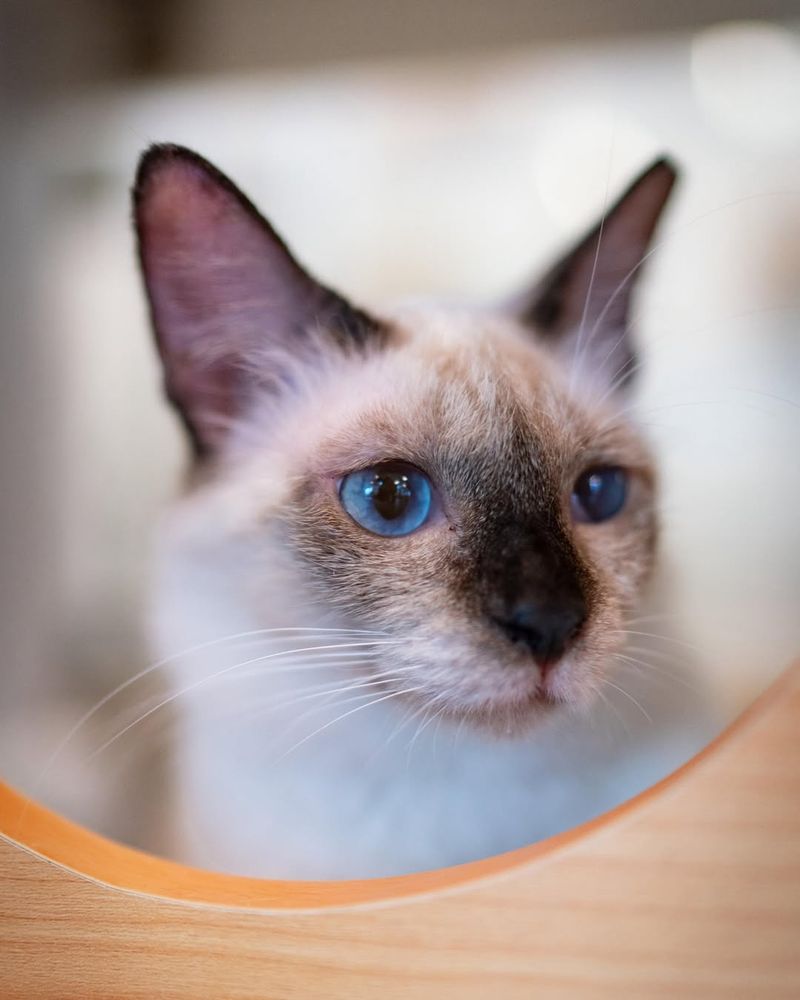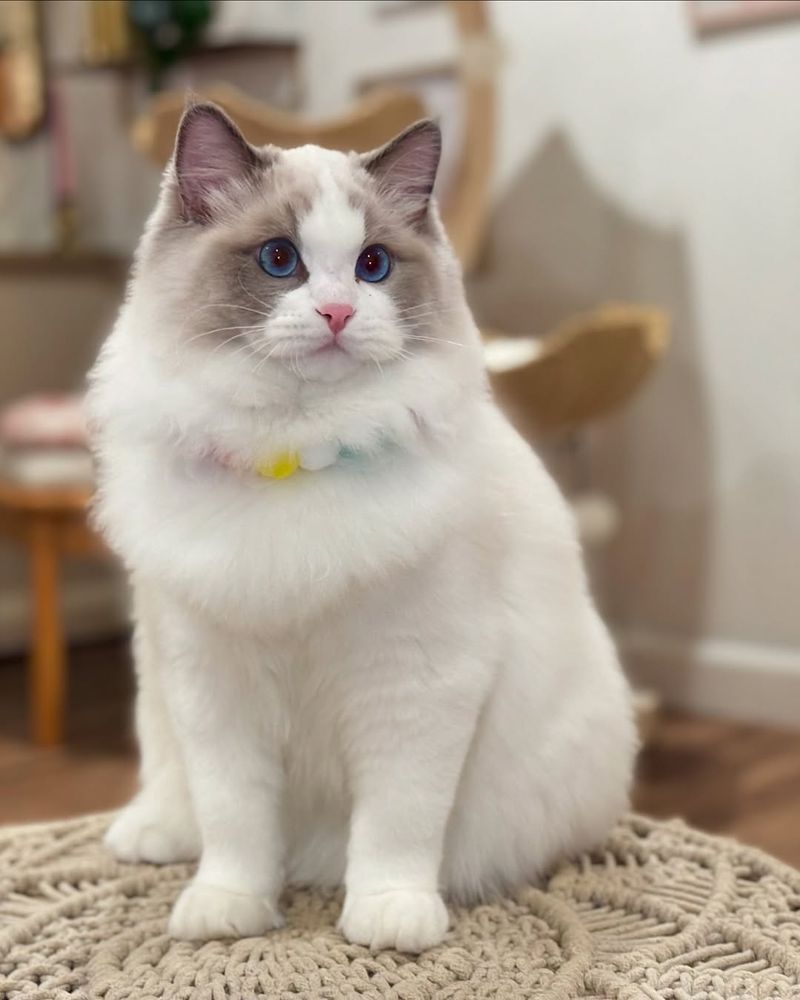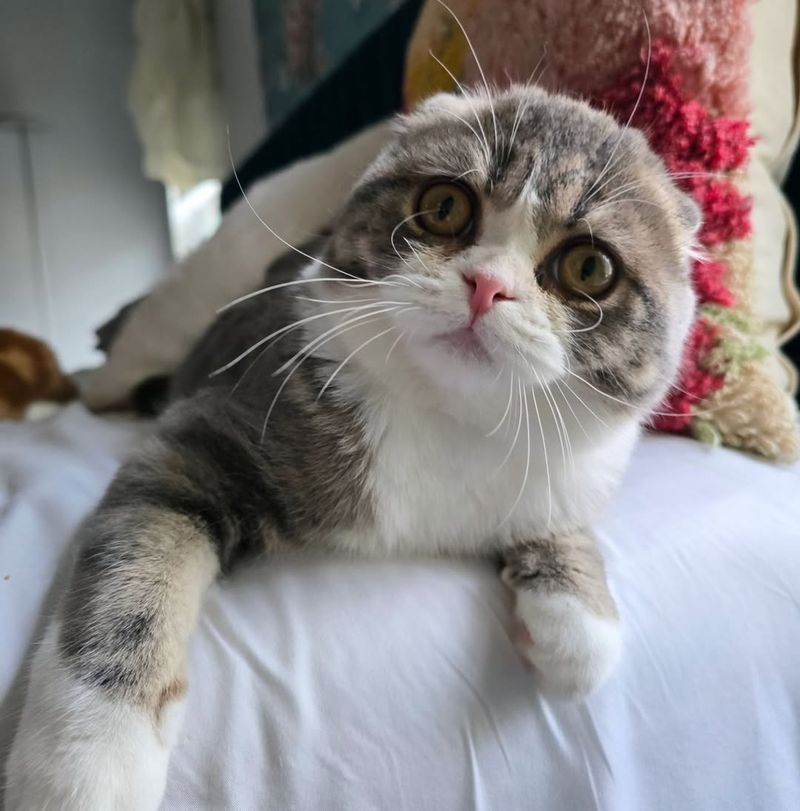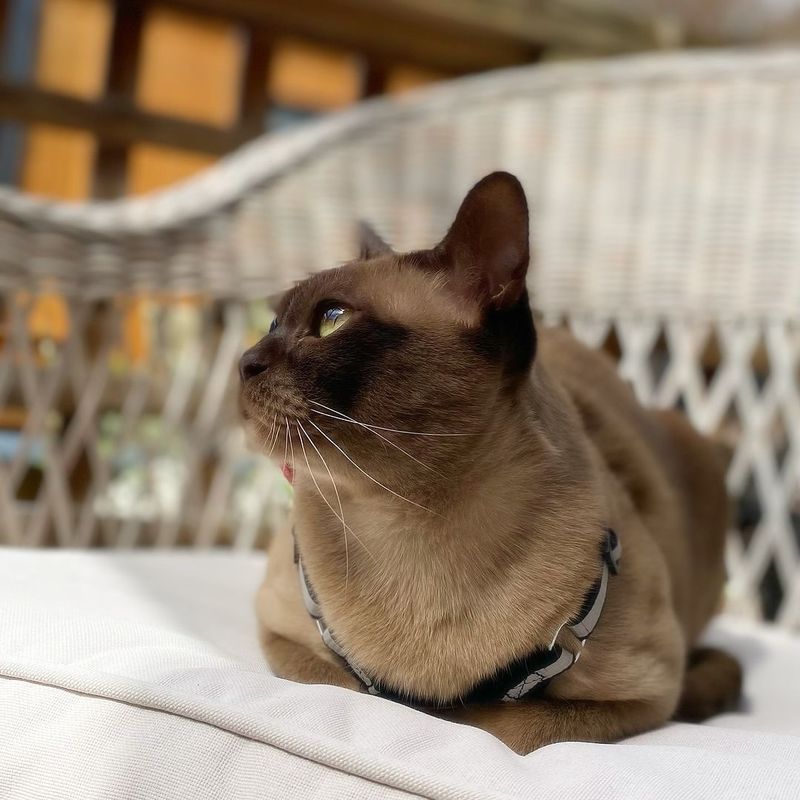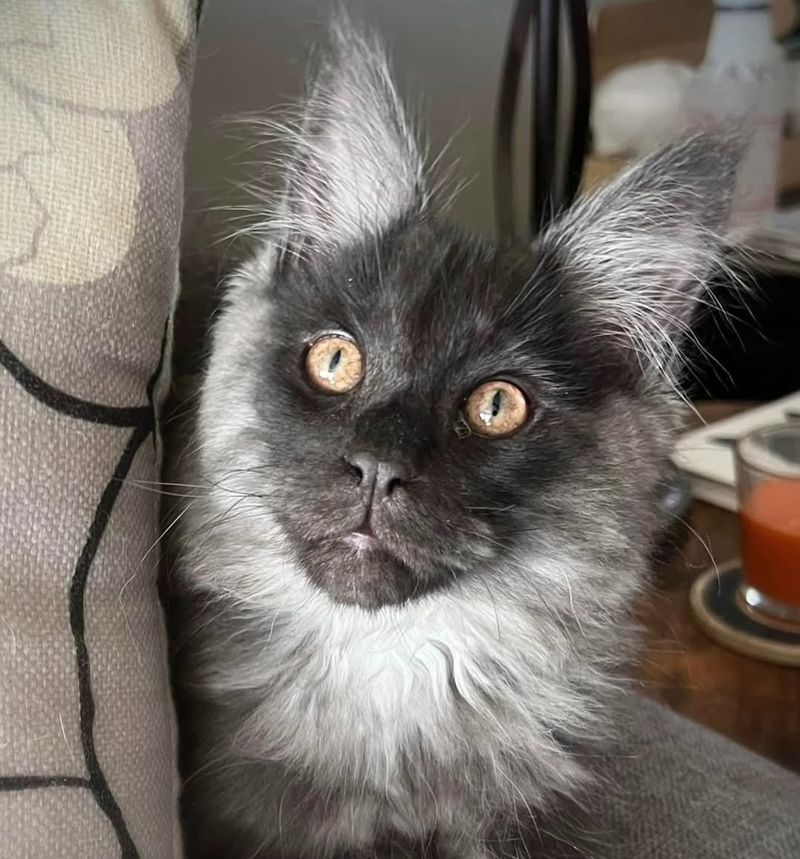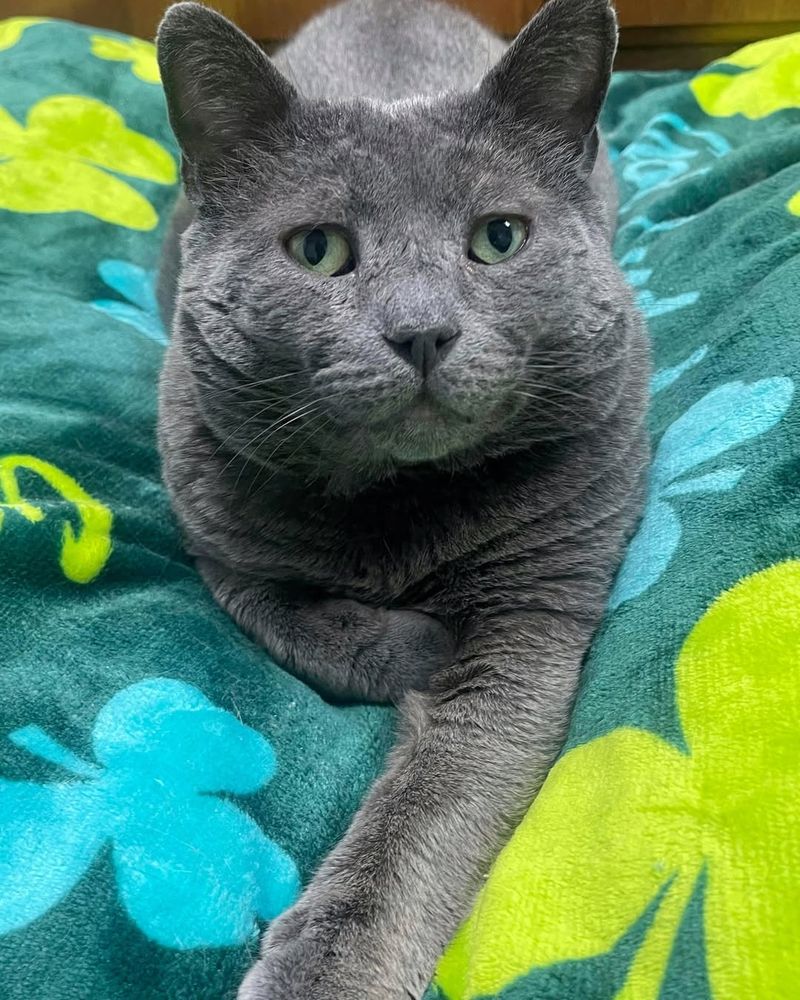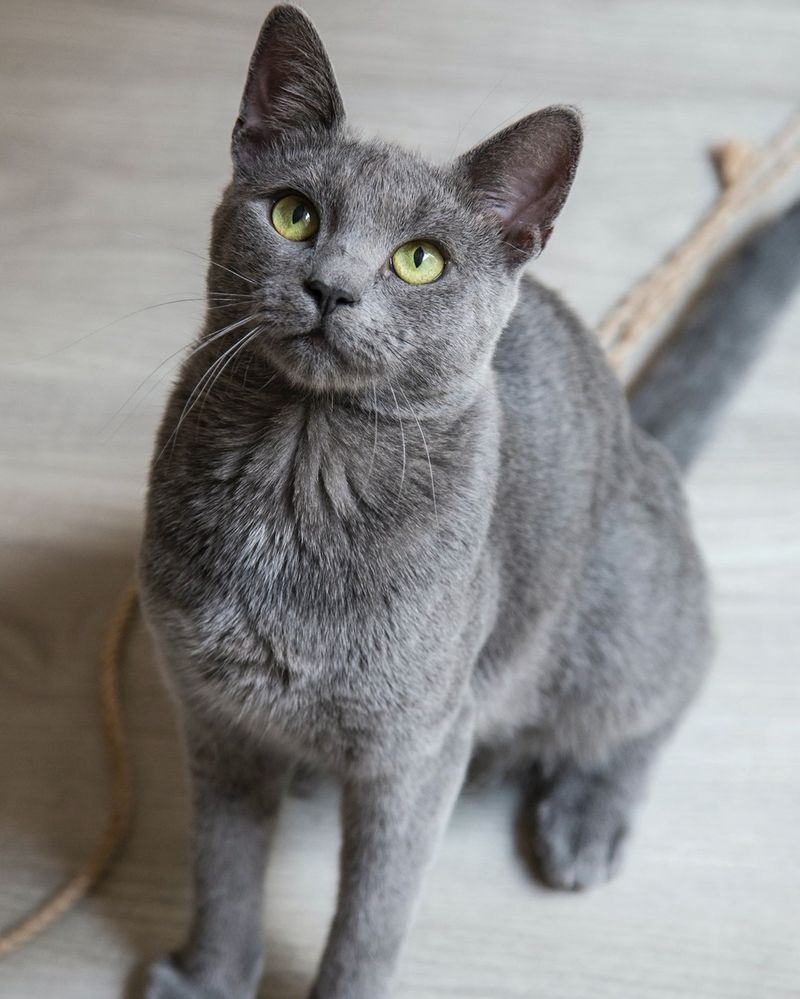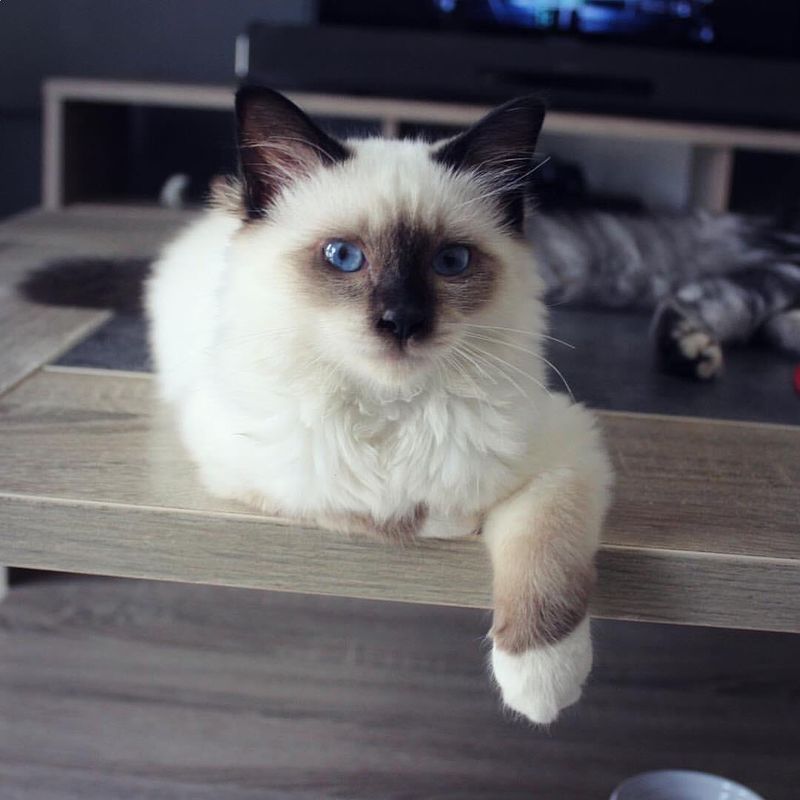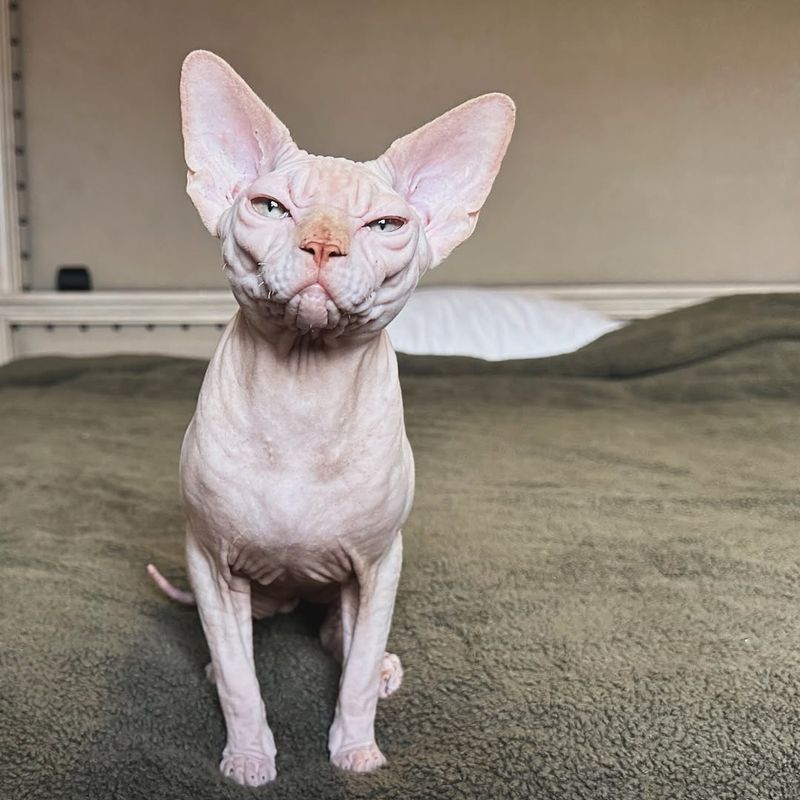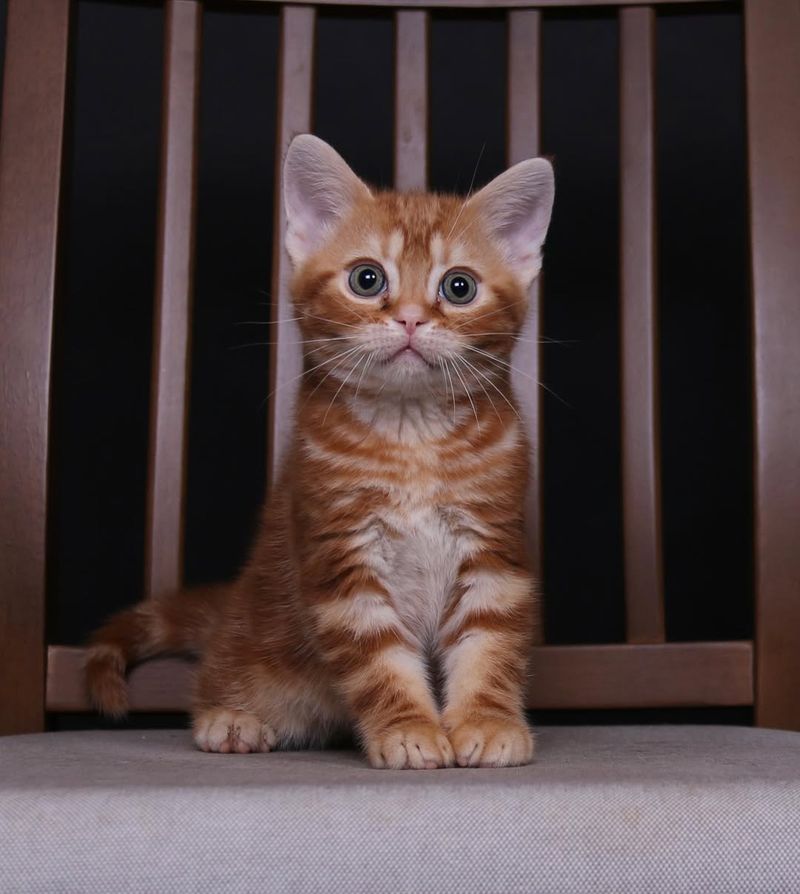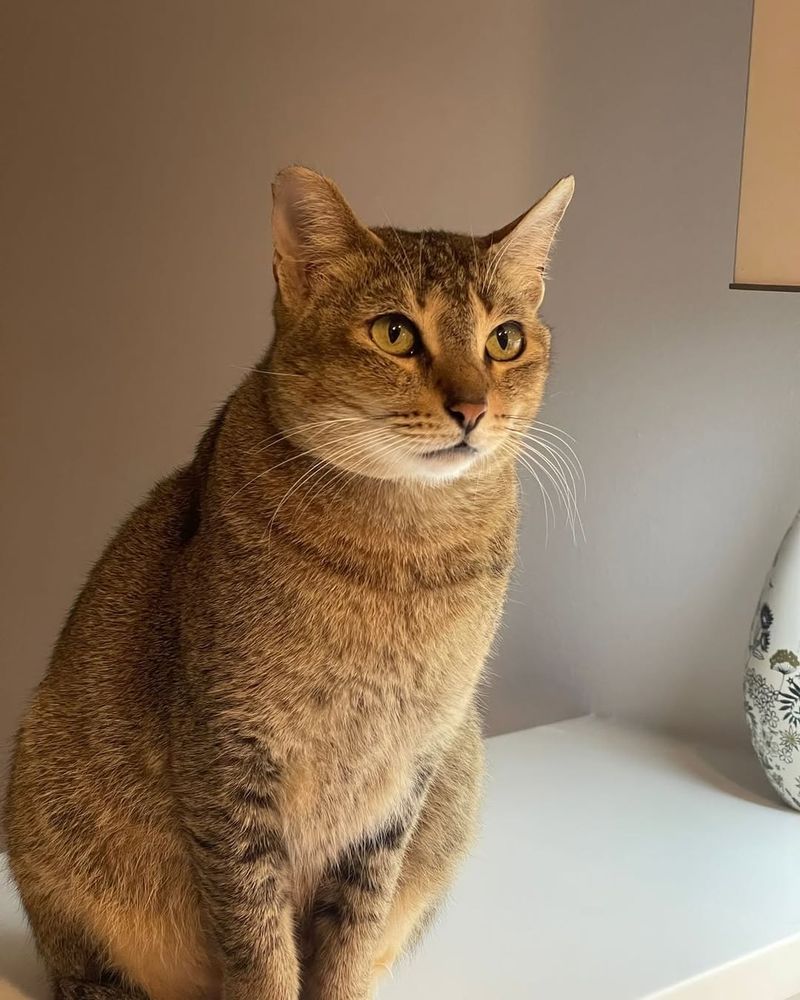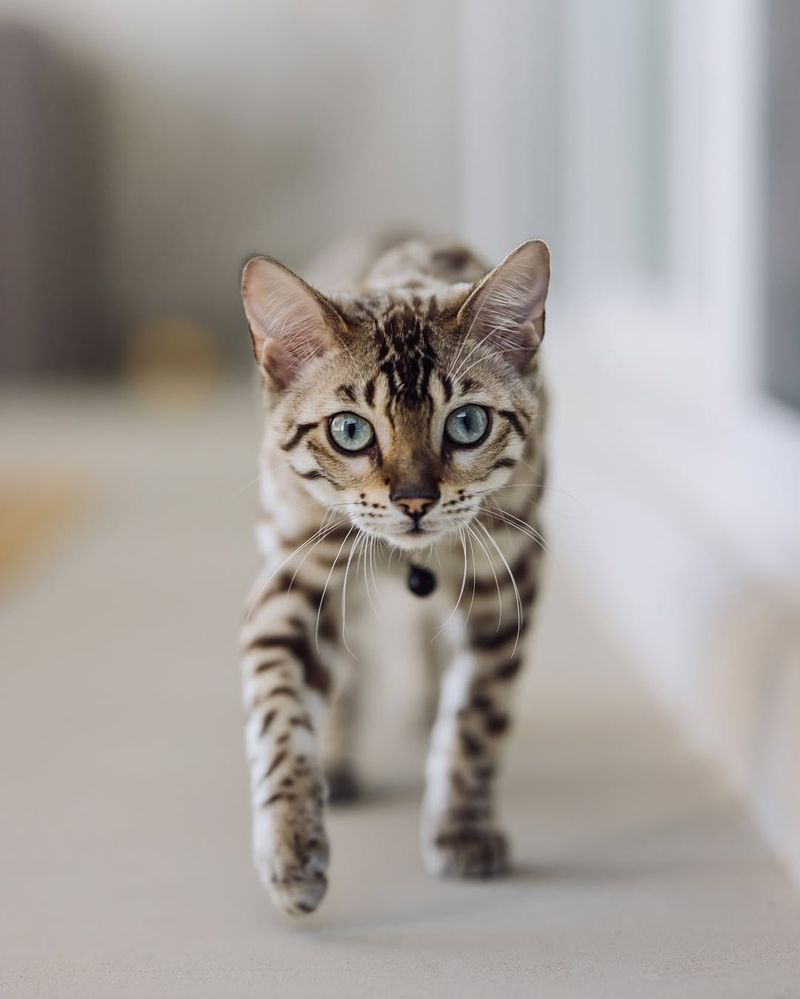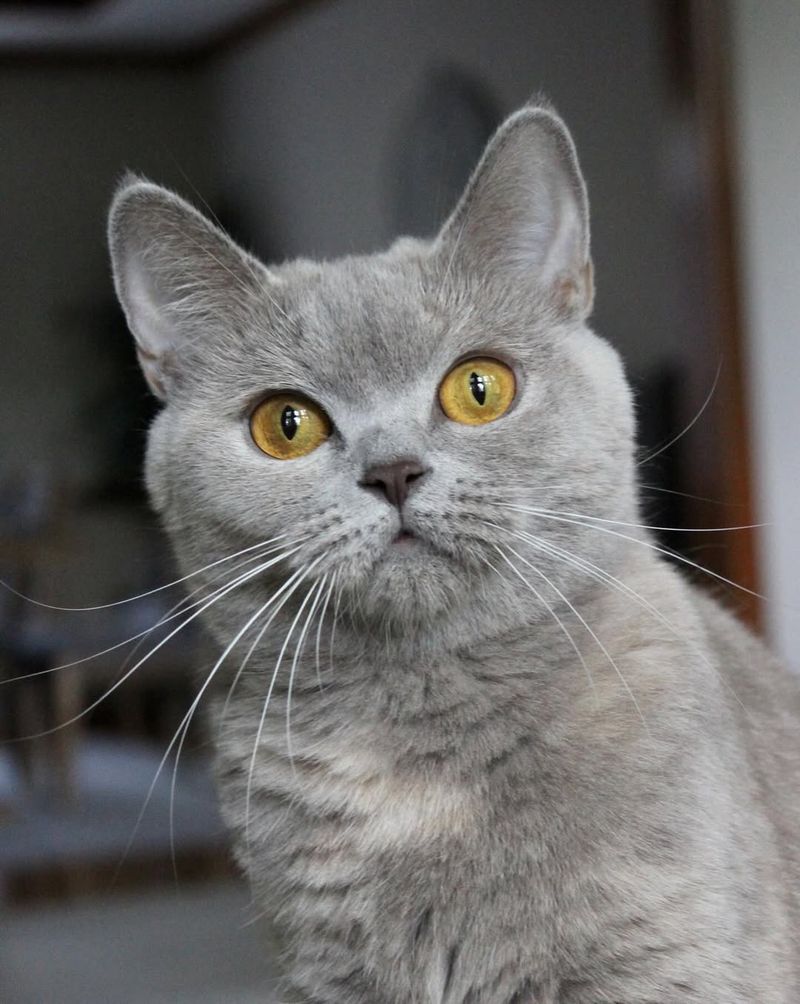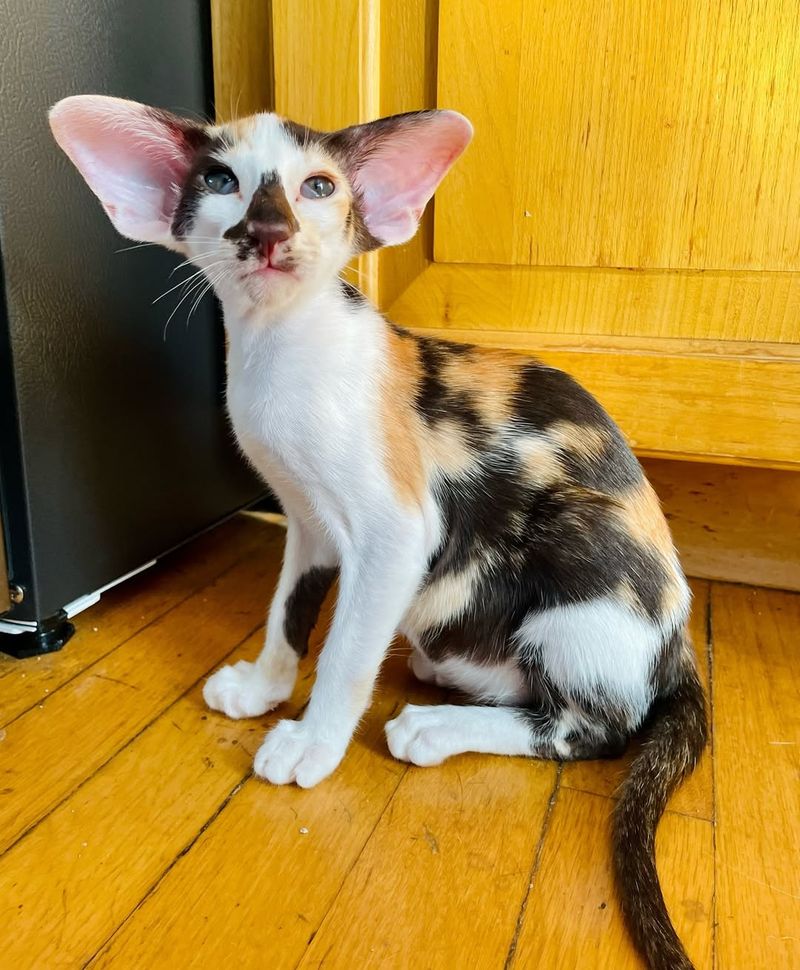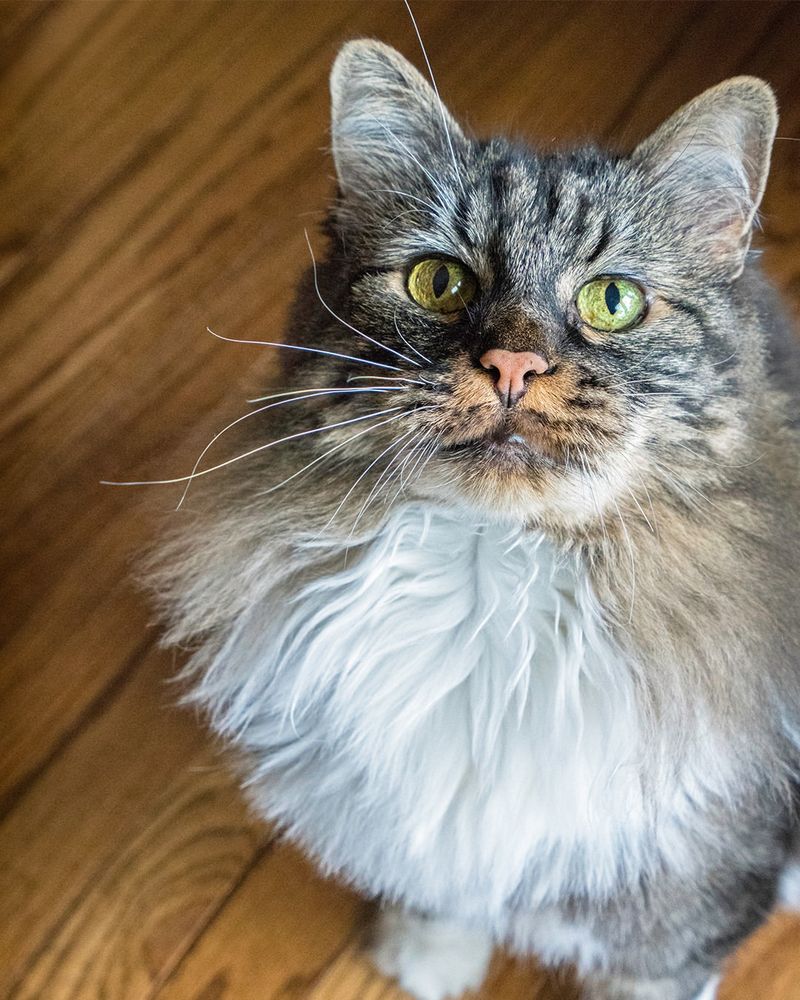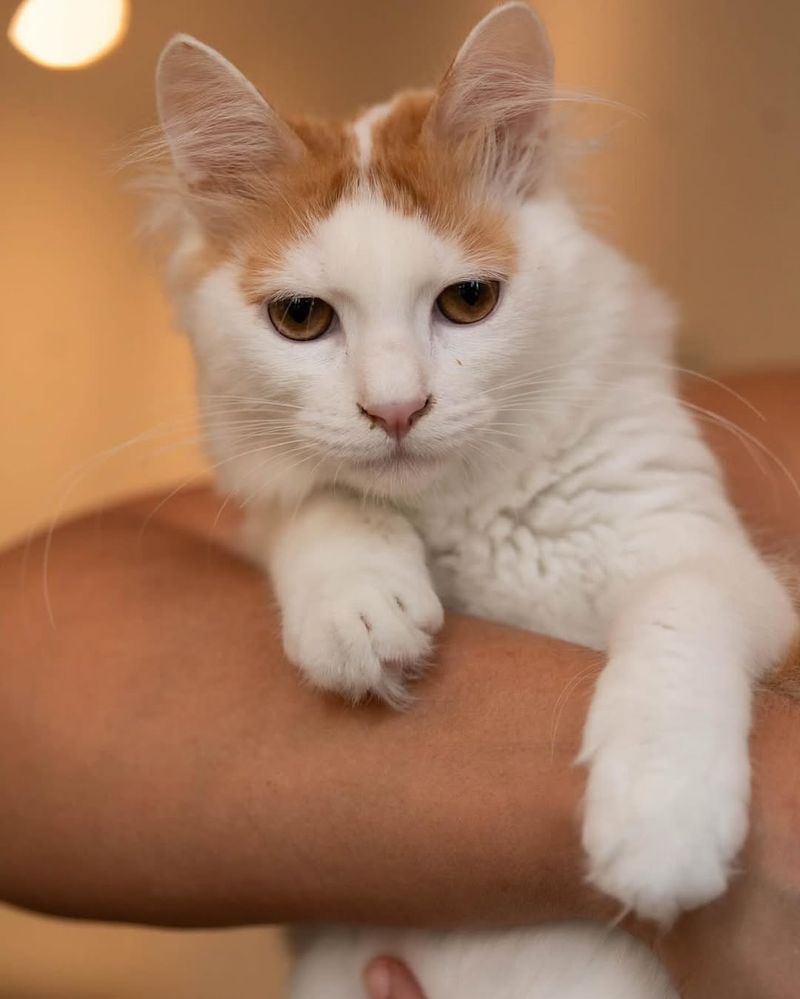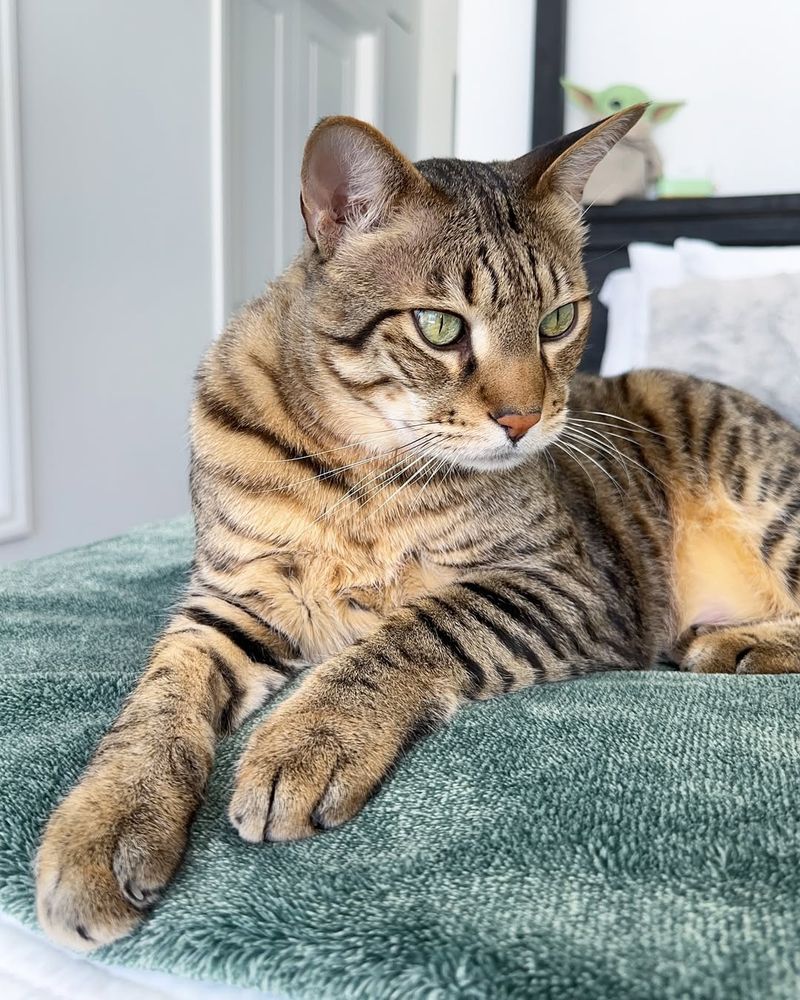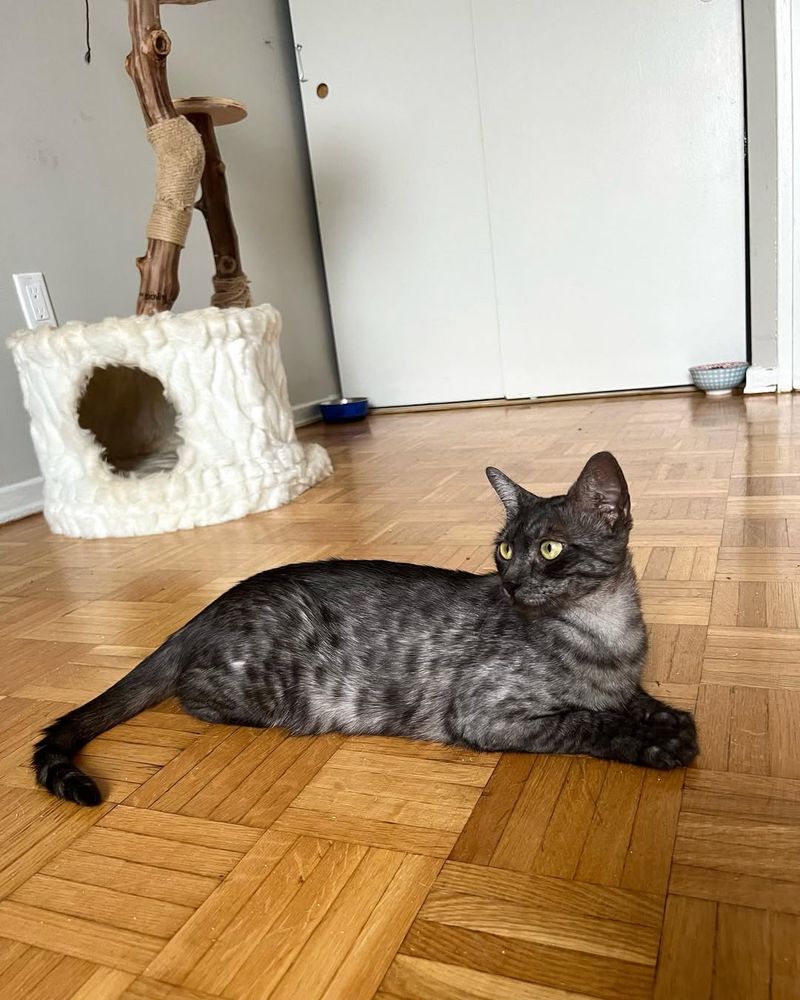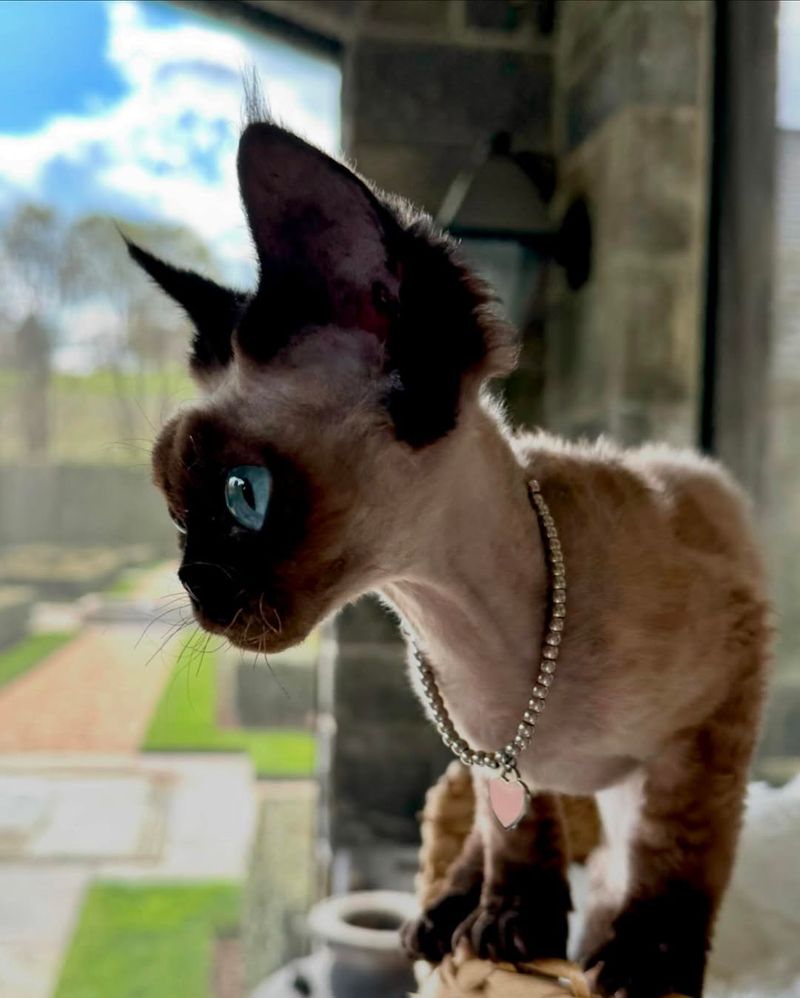📖 Table of Content:
Cats, known for their independent and mysterious nature, can sometimes surprise their owners with how they respond to changes in their environment. While some felines take change in stride, others can be deeply affected by even the slightest shift. Understanding which breeds thrive on stability and which ones embrace transformation can offer valuable insight into their unique personalities and needs.
Some cats seem to embrace change effortlessly, adjusting to new surroundings or routines without a second thought. Meanwhile, others might struggle, finding even the smallest disruptions overwhelming. The way a cat reacts to change can depend on a variety of factors, including breed tendencies, temperament, and life experiences.
Whether it’s a move to a new home, the addition of a family member, or a change in daily routine, not all cats are created equal when it comes to adaptability. Some breeds are naturally more resilient, while others may require extra care and patience during transitions. Exploring these differences can help create a harmonious environment for both owners and their feline companions.
1. Persian
Persians are known for their calm demeanor, but they’re also creatures of habit. These cats prefer routine and can become stressed by sudden changes in their environment.
Moving to a new home, introducing a new pet, or even rearranging furniture can make a Persian uneasy. They thrive in stable, predictable settings. To help a Persian adjust, provide consistent feeding times and a quiet space where they can retreat. This can offer them a sense of security amidst changes.
2. Siamese
With their high intelligence and strong social instincts, Siamese cats are quick to notice changes in their environment. They tend to form strong attachments to their humans and may feel anxious when their routine is altered. To keep them content, interactive play and mental challenges are vital.
To ease transitions, introduce changes gradually and ensure plenty of social interaction. Having familiar toys and spaces can help comfort a Siamese during disruptions.
3. Ragdoll
While Ragdolls are loving and relaxed, they find it difficult to cope with change. Their sensitive nature makes them prone to anxiety when faced with new environments or disruptions to their routine. A calm and reassuring atmosphere is essential to help them adjust during times of change.
To support them, maintain familiar settings and introduce new elements slowly. Providing a cozy, safe spot where they can relax helps in making transitions smoother.
4. Scottish Fold
Known for their calm nature and charming folded ears, Scottish Folds can be sensitive to environmental changes. While their loving temperament makes them wonderful pets, new experiences like moving or changes in the family structure can cause them distress. They thrive in stable, comforting environments.
Offering them their favorite toys and consistent routines can help ease their transition into new circumstances and maintain their comfort.
5. Burmese
Playful and affectionate, Burmese cats are deeply connected to their families but are sensitive to any changes in their environment. They can experience anxiety if left alone for long periods or if their living space changes too much. Keeping their surroundings stable helps them feel secure and happy.
To help Burmese cats adjust, maintain a steady routine and offer plenty of interaction. Keeping their favorite toys and familiar objects around can help reduce stress and reassure them during transitions.
6. Maine Coon
As one of the largest domestic cat breeds, Maine Coons are friendly and affectionate, yet they can be quite sensitive to changes in their environment. Shifts like moving or changes in their daily routine can lead to stress for these cats. A stable, secure home filled with love is key to their happiness.
To help them cope, ensure they have access to familiar spaces and objects. Gradual adjustments and consistent attention can assist in keeping them at ease.
7. Russian Blue
Russian Blues are known for their reserved and gentle demeanor. They form strong attachments to their home and family, making them sensitive to changes.
These cats may become stressed with unfamiliar surroundings or disruptions in routine. Their quiet nature often masks their anxiety. To ease their discomfort, provide a stable environment, and introduce changes slowly. Creating a peaceful retreat where they can observe changes from a distance can be beneficial.
8. Chartreux
Elegant and composed, Chartreux cats are known for their tranquility, but they can become distressed by sudden changes. They are creatures of habit, relying on routine to feel secure. A calm and stable environment is necessary to keep them feeling at ease.
To help a Chartreux feel secure, maintain regular feeding and playtimes. Providing familiar scents and objects can ease their transition during changes and keep their anxiety at bay.
9. Birman
With their loving and gentle personalities, Birmans form strong connections with their families and can be quite sensitive to environmental changes. Even the slightest disruption can cause anxiety. A consistent, peaceful environment is essential to their comfort.
To aid a Birman during changes, ensure stability in their daily routine and provide comforting spaces. Familiar toys and gentle attention can help ease their transition.
10. Sphynx
Sphynx cats, known for their hairless bodies and affectionate nature, are surprisingly sensitive to changes in their environment.
Their lack of fur means they feel temperature changes more acutely, and they can become anxious with shifts in routine or surroundings. To keep a Sphynx comfortable, provide warmth and consistency. Gradual introductions to new situations and maintaining a reliable routine can help mitigate stress and ensure their well-being.
11. American Shorthair
While some cats may find change difficult, the American Shorthair is an example of a breed that handles it with ease. This easygoing and friendly cat quickly adapts to new family members, different living environments, and even other pets. And it doesn’t stop there—there are plenty of other cat breeds that share this remarkable adaptability, making them great companions in various lifestyles and settings.
Their affectionate nature and playful spirit make them favorites among cat enthusiasts. A curious explorer, the American Shorthair is always ready for an adventure.
12. Abyssinian
Abyssinians are energetic, with a love for exploration and play. Known for their lively personalities, these cats bring joy and excitement to any home. Their adaptability shines in various environments, whether it’s a bustling city apartment or a quiet country home. Abyssinians thrive with active families who engage in interactive playtime.
These cats form strong bonds with their human companions, following them around the house to be part of the action. Their inquisitive nature ensures they are always up for a new challenge.
13. Bengal
Renowned for their striking appearance and energetic personalities, Bengals capture attention with their unique spotted coats and playful behavior. These cats are not only visually captivating but also highly adaptable, thriving in homes with active owners who can offer plenty of mental and physical stimulation. Bengals enjoy outdoor adventures and can quickly adapt to leash training, allowing them to safely explore their surroundings.
Their intelligent nature means they quickly acclimate to new routines and environments. Bengals crave interaction and are often seen engaging in playful antics that delight their families.
14. British Shorthair
Celebrated for their calm demeanor and plush coat, the British Shorthair embodies tranquility, making them ideal companions for serene households.
Adaptable to both solitude and social settings, the British Shorthair transitions smoothly between being left alone and engaging with family members. They are content in any living space, be it a small apartment or a spacious house. Their patient nature makes them ideal companions for families with children or other pets. A steady presence, the British Shorthair is always a comforting friend.
15. Oriental Shorthair
Known for their sleek, elegant appearance and charismatic personalities, Oriental Shorthairs are often the life of the party. These cats thrive on attention and have an uncanny ability to adapt to active households and shifting environments. Their playful and engaging nature allows them to seamlessly integrate into family life, quickly becoming the center of attention.
They enjoy interactive play and mental stimulation, making them ideal for owners who appreciate an engaging companion. With their affectionate nature, they are sure to win over any heart.
16. Manx
Manx cats are distinctive for their taillessness and playful spirit. They are known for their agility and love for chasing games. Highly adaptable, Manx cats are comfortable in a variety of living situations, from bustling homes to quiet retreats. They bond closely with their families and enjoy being involved in daily activities.
Their social nature makes them excellent companions for children and pets. The Manx’s unique traits and endearing personality ensure they hold a special place in any home they inhabit.
17. Turkish Van
With a love for water and an adventurous spirit, Turkish Vans are unlike any other breed. Their ability to adapt to new experiences makes them an ideal choice for families who enjoy outdoor activities. Turkish Vans flourish in homes that provide both mental stimulation and relaxation.
They form strong bonds with their human companions and are known for their affectionate demeanor. Always up for a challenge, the Turkish Van is a cat that captures the heart.
18. Savannah
Known for their wild ancestry and vibrant personalities, Savannah cats captivate with their exotic appearance and adventurous spirit. These highly adaptable cats thrive in homes where they can explore both indoors and out. Their intelligence makes them quick learners, eager to show off new skills.
Their energetic nature requires plenty of playtime and interaction, making them ideal for active families. Savannah cats are loyal companions, often forming deep bonds with their human families, adding a touch of the wild to any home.
19. Egyptian Mau
With their elegant movement and remarkable agility, Egyptian Maus are a striking breed. Their beautiful spotted coat is matched only by their ability to thrive in both tranquil and lively surroundings. Playful and energetic, they enjoy interactive games and are quick to chase after anything that catches their eye.
They form strong bonds with their human families, often choosing one person as their favorite. With a rich history and an affectionate nature, the Egyptian Mau is a cherished companion that adapts well to any lifestyle.
20. Devon Rex
Devon Rex cats are playful, with a penchant for entertainment. Their curly coats and oversized ears give them a unique appearance that charms all who meet them. Known for their adaptability, Devon Rex cats thrive in various living situations, from bustling homes to quiet retreats. They are social creatures that enjoy the company of humans and other pets.
These cats love being the center of attention and often entertain with their playful antics. A true joy to have around, the Devon Rex brings laughter and love to every home.
